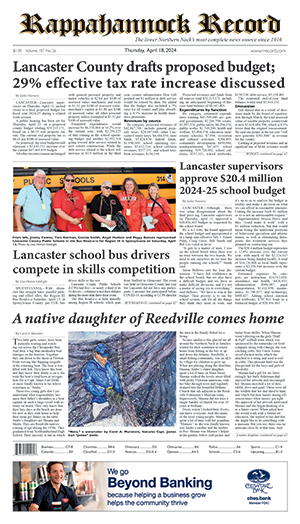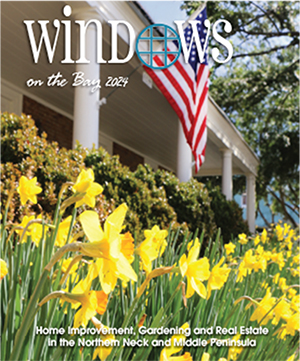by Henry Lane Hull
The last few weeks have given new meaning to the age-old term, “homebody.” Spending time on the homefront is not a burden or inconvenience if one determines to use the hours of isolation productively. In addition to working from home, working at home can be a beneficial side effect of self-quarantining.
I have been using these days to address some areas of unfinished business. What follows are suggestions on how to proceed with a few of them.
If you have raspberries growing in your garden, now is nearing the end of the safe period to prune them. Begin by removing all of the dead stalks to the ground. Follow by tipping the healthy stalks, depending on how tall they are after last season’s growth. Pruning will encourage branching out, and the summer harvest will be more abundant. The present is also a good time to clean up fig trees, removing dead or damaged trunks and limbs left from previous years. Properly attended, their harvest will be enhanced.
These are the days for mulching. The power company has been trimming, perhaps I should say “butchering” some of the trees along our neighborhood roads. I have secured several loads of the resulting wood chips for future mulching. They are free for the asking, and taking them helps the crews with their work.
I recommend laying down a level of wet newspapers prior to applying the chips. Preferably, let them cure for six months to a year before spreading them. If you want to proceed to apply the chips at once, with the newspaper substrata, no harm will result. The great benefit will be in not having to do as much weeding farther into the summer.
When our family moved to the farm over a half-century ago, no fencing was on the property. My father, and then I, set out to fence some of the fields and most of the yard. Part of the current “sabbatical” from the normal routine we have spent repairing the fences and clearing under them. That activity is probably the most notable change we have brought forth.
The winds have been of such velocity that we have lost numerous branches from our trees, thereby giving us the opportunity to plan for stoking next fall’s wood stove. Fortunately, we never have had to purchase firewood. This winter was mild to the extent that we have wood left over from last year. Now we have even more.
For the past couple of years, I have not had time to start my own seedlings. Consequently, I resorted to buying plants for the vegetable garden. This year is different, and as I have begun moving houseplants from the kitchen, thereby bringing multitudinous smiles to my family’s faces, I have been replacing them with trays of the newly planted seeds.
Gardening obviously is a cyclical science, and it is important to keep ahead of the cycles. Over the years I have accumulated many packages of seeds, commercially packaged ones, others given from friends’ plants of previous gardens and ones I have saved from particularly delicious fruits and vegetables. The collection has become somewhat unwieldy, leading the Elder B.E. to tell me that we shall be getting all of them in the ground this spring.
The outdoor center for gardening on our farm is the venerable, century-old smokehouse, no longer the repository for hanging hams to cure, but the home of tools and equipment. Unfortunately, as time has worn on, it also has worn the building’s fabric as well. From the wood shingle roof to the brick foundation, age is apparent. We have undertaken its extensive refurbishment, a task none of us realized was as pressing as it is one that we probably would not be addressing were we not at home.
These days have reminded me that living on a farm can be a full-time avocation. Not being a professional farmer and not being retired, I have tended to overlook some of the daily activities associated with husbanding the land. I cannot say that being homebound has been a course I should have chosen, but once handed to me, I am trying to use it as productively as possible.











